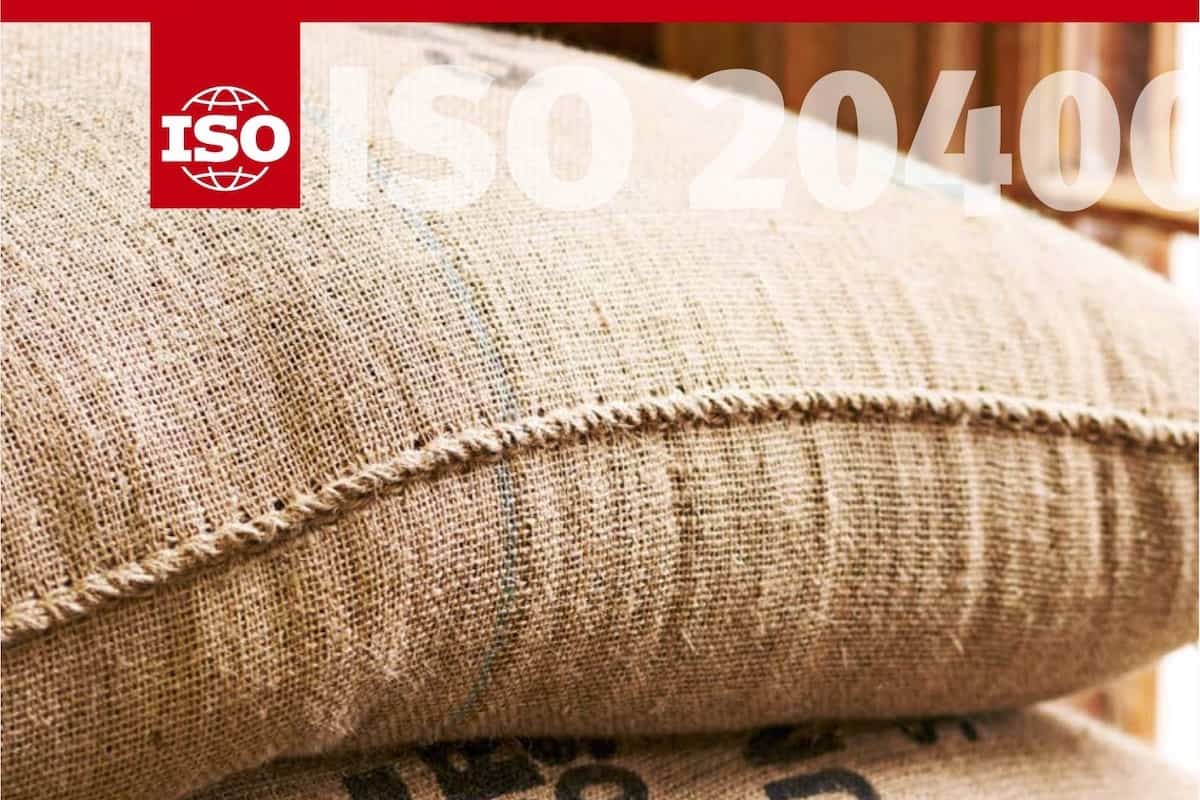
In this SustMeme Guest Post, Alexandra Mihailescu Cichon, Chief Commercial Officer at RepRisk, explores the world of ESG reporting, sharing insights around ESRS and the shift towards impact assessment, to map a way forward.
AMC: ESG performance must be measured by its on-the-ground impact to truly matter.
Unfortunately, the Council of the EU and European Parliament agreed last month to give more time for companies to prepare for the sectorial European Sustainability Reporting Standards (ESRS), as well as for specific standards for large non-EU companies, which will be adopted two years later than planned.
This ESRS delay means businesses now find themselves with no sector-specific standardised reporting methods in place until June 2026. In effect, they risk ‘shooting in the dark’, when it comes to ESG reporting.
This lack of clarity will likely create a situation where companies are scrambling to report on everything. Instead, it would be more beneficial for their investors and stakeholders to focus on what is most material.
Progress has slowed, not stopped
All is by no means lost, though – progress might have slowed, but it has not stopped.
The European Union can yet be expected to recover its strength and uphold its position as a sustainability leader, despite the noticeable slowdown resulting from the delayed ESRS and Corporate Sustainability Due Diligence Directive (CSDDD) struggling, potentially failing, to secure a majority.
Progress is also still in evidence globally.
In the US, for example, the Securities and Exchange Commission (SEC) has just adopted final rules for The Enhancement and Standardization of Climate-Related Disclosures for Investors. Elsewhere, the UK has updated its Corporate Governance Code and Japan is also pioneering the world’s first-ever Climate Transition Bonds.
In principle, therefore, help is on its way, worldwide.
In practice, however, many businesses have been struggling with the complexities of these reporting requirements. So, the delay to the ESRS actually offers some relief — but, it is not an excuse to do nothing.
Companies are best served using this time to streamline their existing reporting practices in preparation for the directive coming into effect. This means setting up internal processes for governance and risk management, as well as integrating sustainability into their core business operations.
Disclosures have their limitations
Bringing greater clarity and comparability to sustainability reporting standards is a significant step in the right direction — even if it is easier said than done.
Nevertheless, it will not be the silver bullet needed to improve long-term business conduct across the board.
The ESRS, as well as other initiatives including the International Sustainability Standards Board (ISSB) disclosure standards, have gained worldwide recognition as a global baseline for sustainability reporting.
While disclosures have their merits, though, particularly for measurable figures such as greenhouse gas emissions or waste, they also have their limitations.
Notably, for instance, companies often do not disclose instances of child labor.
So, what alternatives do we have to disclosures, alone?
Shift towards impacts and outcomes
Well, instead, we must advance from reporting, to assessing impacts and outcomes on the ground.
And there is good news here too, in terms of available help and guidance.
In fact, while a great deal of regulatory focus has been on disclosures, there has also been a rise in regulations that drive the adoption of responsible business practices.
This approach involves integrating ESG into governance, due diligence, and risk management processes, plus drawing on external data for insights into undisclosed risks.
Maybe new territory for some, but this shift towards impact assessment signposts a way forward for ESG.

Alexandra Mihailescu Cichon currently serves as the Chief Commercial Officer of RepRisk. With over 15 years’ experience, Alexandra has played a pivotal role in growing and shaping RepRisk with her team — and, together, they have helped, guide it over the last decade from a startup to the world’s largest ESG technology company. As a passionate advocate for responsible business conduct, Alexandra believes in the importance of using a risk lens when it comes to integrating ESG issues into business processes. With that, she is dedicated to pushing the ESG data industry towards greater transparency and positive impact.
Further Reading:
- More about the world’s largest ESG technology company, of RepRisk;
- More on al European Sustainability Reporting Standards (ESRS);
- More from the SEC on The Enhancement and Standardization of Climate-Related Disclosures for Investors;
- Mope on the UK Corporate Governance Code; and Climate Transition Bonds in Japan.
- More on disclosure from the International Sustainability Standards Board (ISSB);
- Also on SustMeme, Rise in ESG risks linked to greenwashing;
- Also on SustMeme, ESG is not being taken seriously by companies;
- Also on SustMeme, Companies struggle on sustainability reporting data;
- Also on SustMeme, Toolkit for investors on Indigenous rights respect;
- Also on SustMeme, CSR job vacancies up 74%, as companies focus on ESG;
- Also on SustMeme, Supply Chain: ESG strategies mission-critical for sustainability.
You can check out the full archive of past Guest Blog posts here.
Would you like to Guest Blog for SustMeme? For more info, click here.
SUSTMEME: Get the Susty Story Straight!






